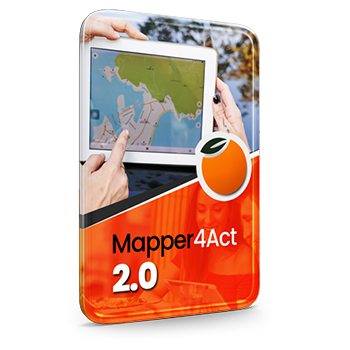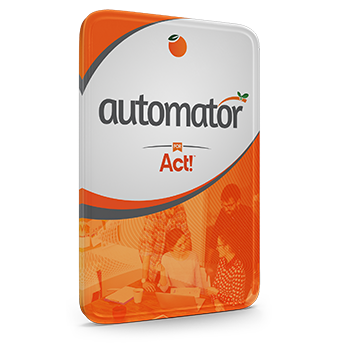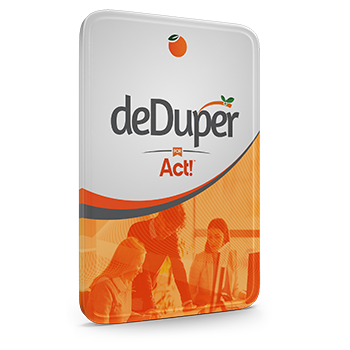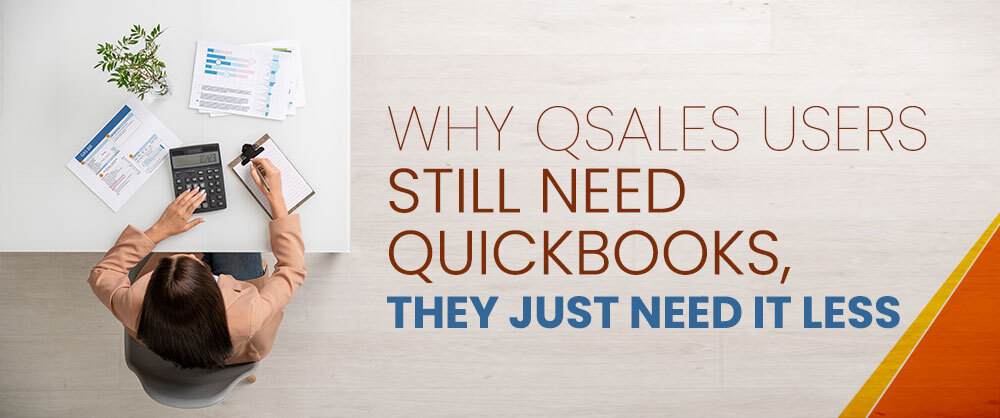After we released Qsales 13 last fall, many customers asked us why they still needed QuickBooks? The question was reasonable considering Qsales users could now create almost any kind of transaction inside of Act!, including invoices, sales receipts, estimates, and even receive payments.
The truth is that if all a person cared about is transactions, Qsales can handle most of their needs, but as most accounting professionals would tell you, QuickBooks is about much more than that. In fact, sales transactions typically represent a small portion of most company's accounting picture. QuickBooks has a chart of accounts that includes balance tracking on all bank & credit card accounts, as well as income and expense accounts, and costs of goods sold.
Moreover, QuickBooks tracks payroll costs, sales taxes remittances, and how most of your expenses are categorized. Qsales does none of that. And while Qsales imports QuickBooks items into Act! as products, it does not track inventory like QuickBooks does.
The last major difference between Qsales and QuickBooks is in reporting. While QuickBooks can generate countless reports on a wide range of categories including payroll, inventory, sales, and budget reports (to name just a few), it is the only one of the two programs that can tell you if the business is actually making money. In other words, it can report if your income is greater or less than your expenses with profit and loss reports.
So while Qsales can dramatically reduce your company’s QuickBooks licensing needs amongst those users doing general customer care and accounts receivable, there will be a number of users for whom QuickBooks has no substitute, and those are likely the bookkeepers and accountants who track expenses as well as income, and need to report on both.




































